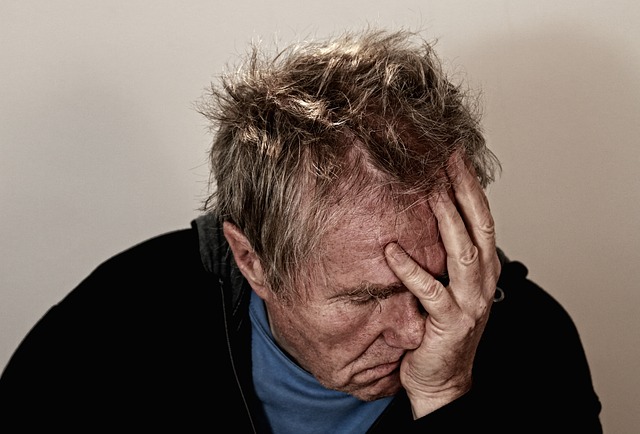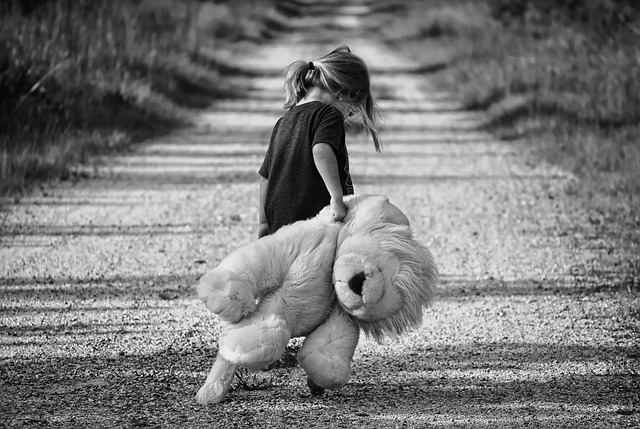Depression is a disease characterized by persistent sorrow, a lack of interest in fun and lower enthusiasm. In reaction to adverse outcomes, it is normal to feel sorrow and desperation. These incidents could include injury, major changes in life, tension, or deception. In most situations, the unhappy emotions overcome the changes in your life. Such feelings can continue for months in circumstances such as unemployment and return to important times such as special days linked to the person missing.
When you are dealing with depression you need to surround yourself with people who give your attention, listen to you, Goes along with you and who always support you. Some people do not even want to deal with their friends at this time and they are sick of watching people all the time, at this time you can take some time to visit a counseling psychologist and take therapy sessions to reduce the depression.
If you are also dealing with depression and looking for some solutions to this condition you can try visiting https://mindvoyage.in and share your situation with the therapist online.

Some Symptoms of Depression
Severe depression is not only ‘ sad. ‘ In addition, both physical and emotional changes will differ in the symptoms. The following may be common symptoms of depression:
- Frequently weeping and thoughts of deep sorrow.
- Feelings of despair and meaninglessness.
- Napping behavior changes.
- Rage and mood swings.
- Modifications of dietary habits.
- Substantial weight loss and gain included.
- Pleasure deprivation in everyday tasks.
- Psychosomatic disorders, like headaches, muscle pain, and anxiety.
- Focus difficulty Suicidal thoughts.
How to Recover From Depression
Major depressive disorder can be handled with care, but the success rate and duration of therapy differ depending on the nature of the disorder. Considering the therapies available and how to find help to make it less frustrating. While individual therapy is optional, other common therapies are recommended:
- Psychological, mental therapy.
- Speak therapy focused on method.
- Medication is some cases works fine.
- Therapy by the family.
- If required, hospitalization.
- If needed, rehabilitation care.
- Certain therapies such as diet plans, exercise plans, mindfulness, and awareness.
It is normal to have depression. One in three people will suffer at some point in their lives a period of depression. While depression is mild, approximately one in ten people will experience a moderate to serious episode.
It is time to seek feedback once you have a series of questions. If you know of others who have depression or someone who has gone through this stage of life in your community, ask them. Word of mouth can be an ideal way to match it. Start with your doctor if this is not feasible.
If you suspect major depressive disorders, it is always a good idea to get a physical condition because some medical problems can produce symptoms similar. If you are exempt from medical care due to symptoms of depression, ask your primary care provider for a list of medication references.
